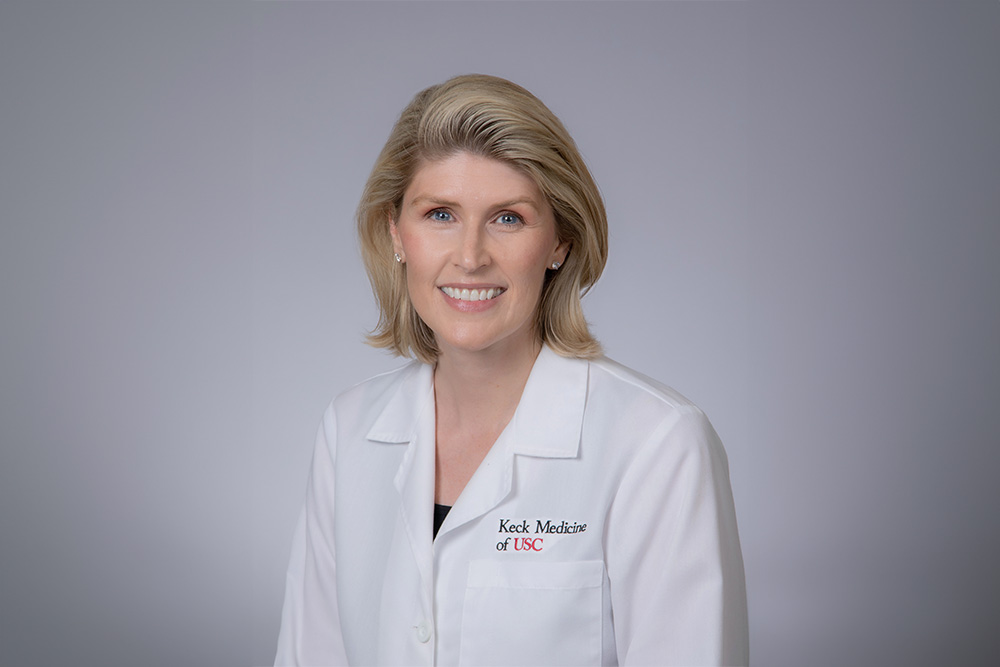
Seven lessons I wish I had known when first becoming a breast cancer surgeon.
As a breast surgical oncologist, I feel blessed I can help patients at a very critical point in time for them. Whenever medical students and beginning physicians ask me for advice, I tell them that while going through general surgery residency is a long, demanding haul, at the end of the day breast surgery will be an extremely rewarding practice.
These are some of the lessons I have learned over the course of my career.
1. Stick to your passion
When I was in medical school, female residents were often stereotyped to breast surgery. In the beginning, I hesitated to tell my fellow residents I was thinking about specializing in breast care because I didn’t want to be prevented from doing other types of surgery. Ultimately, disclosing my preference did not turn out to be detrimental.
What I tell students today is to stay true to their passion. If you’re doing what you love, it won’t feel like work.
2. Learn about your options
Finding good mentors during residency is critical. Mentors will not only help you identify the skills you need to master; they’ll also help you envision what life outside of practice looks like. What is their work-life balance? Breast surgeons, for instance, tend to have pretty good work-life balance. Make sure you also understand the lifestyle of working in a rural setting versus a hospitalist-based setting. Absorb everything, and don’t narrow your choices prematurely.
3. Give yourself time to mature your practice
A lot of people will tell you that it takes anywhere from three to five years to reach a mature practice. I agree. It’s going to take longer to grow especially if you’re not inheriting a retired doctor’s practice or if you’re in a competitive market.
4. Treat patients the way you want to be treated
Understand that your patients are scared. If someone is aggressive or angry, it likely stems from a place of fear. Maybe they’re depressed or overwhelmed. Maybe they don’t have good social support at home. Set your feelings aside and say, “I see that you’re struggling with anxiety. Why don’t we get someone to help you with that as we’re going through this process?”
My goal is to make patients feel like they have a partner in their treatment journey. I give my patients my cell phone number. So does my nurse practitioner. Other doctors sometimes think that’s crazy, but I don’t. Giving patients my phone number lessens their fear because they know they can communicate with me at any time — and they don’t abuse the access.
Empathetic care will also serve you well because patients will end up being your biggest referral source, particularly in breast care. They’ll send you their loved ones. You’ll start to treat everyone in their family and all of their friends and acquaintances.
5. Share decision-making with patients
In the old way of doctoring, a doctor might just tell you what he or she thought you should do. Now, don’t get me wrong; some people might just want to be told what to do. But I think the more contemporary way is to share in the decision-making. Explain the options and the pluses and minuses of each of those options. In early-stage breast cancer, there are a lot of different treatment avenues. Many of them have similar survival rates, and it’s a matter of how much treatment a patient wants.
Shared decision-making gives patients back power at a time when they feel powerless.
6. Ask for help
Don’t turn help away. It takes a village. I’m a working mom of two kids. At one point in my career, soon after I was married, my husband and I needed help with childcare. My mom, who had recently retired, offered to come live with us to help. I hesitated to accept at first. One of my mentors told me, “If your mom is offering to help, you need to take her up on it.” And having my mom help us turned out to be fabulous.
I have a wonderful support system at home, and that’s what makes it work. Don’t be afraid to ask for help, whether it’s in your academic career or your professional career.
7. Collaborate with colleagues
At the USC Breast Center, part of what makes us unique is that on a particular day, multiple specialists — breast surgeons, medical oncologists, radiation oncologists, genetic experts, radiologists and plastic surgeons — gather on site at the same time to see newly diagnosed breast cancer patients. These patients get to spend a half hour or an hour visiting with each of the doctors. At the end, we give them a comprehensive binder that outlines their care plan. Rather than having to go to three to five different doctors’ offices, a patient can see all of the care team in one day, get everything outlined, and launch into next steps right away instead of undergoing a two- to three-week process. If I were a new cancer patient, I would love to see all my doctors together communicating.
USC Breast Center
Maria Nelson, MD, is the chief of the Division of Breast, Endocrine and Soft Tissue Surgery at the USC Breast Center at Keck Medicine of USC. Her clinical focus is benign and malignant breast disease, and her current research interests include the diagnostic role of breast imaging techniques and the complex nature of decision-making in breast cancer care.
The USC Breast Center provides you with the latest cancer-fighting therapies, detection strategies and opportunities to participate in groundbreaking clinical trials. Patients receive support from a dedicated team of expert physicians, mental health professionals, rehabilitation specialists, social workers, dietitians and genetic counselors.
Topics
